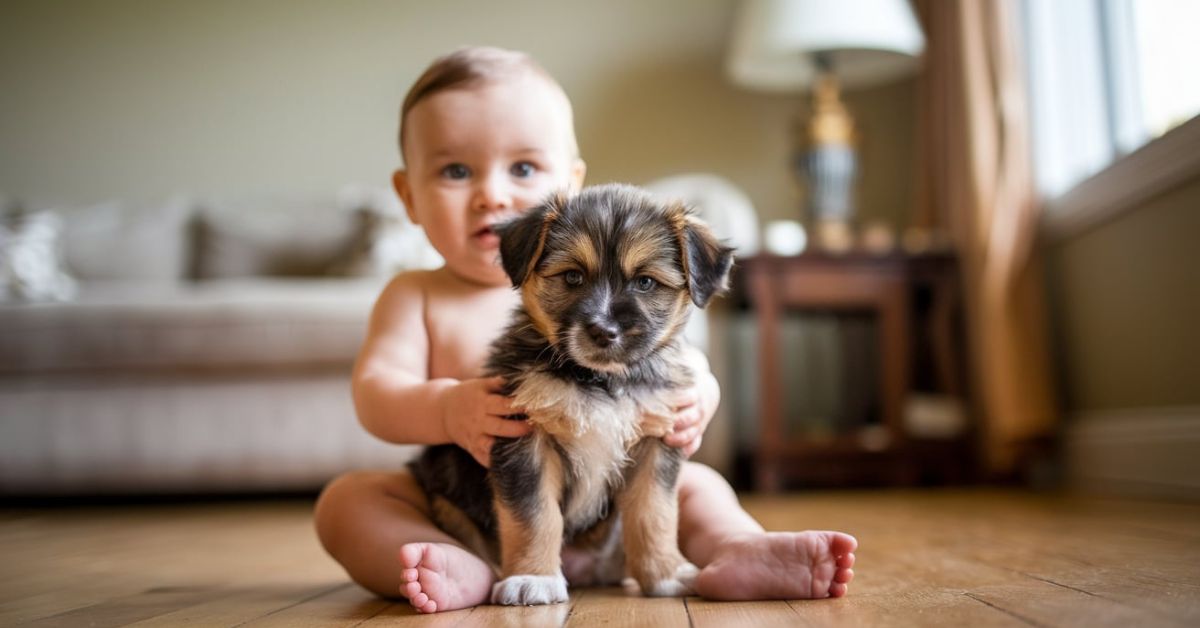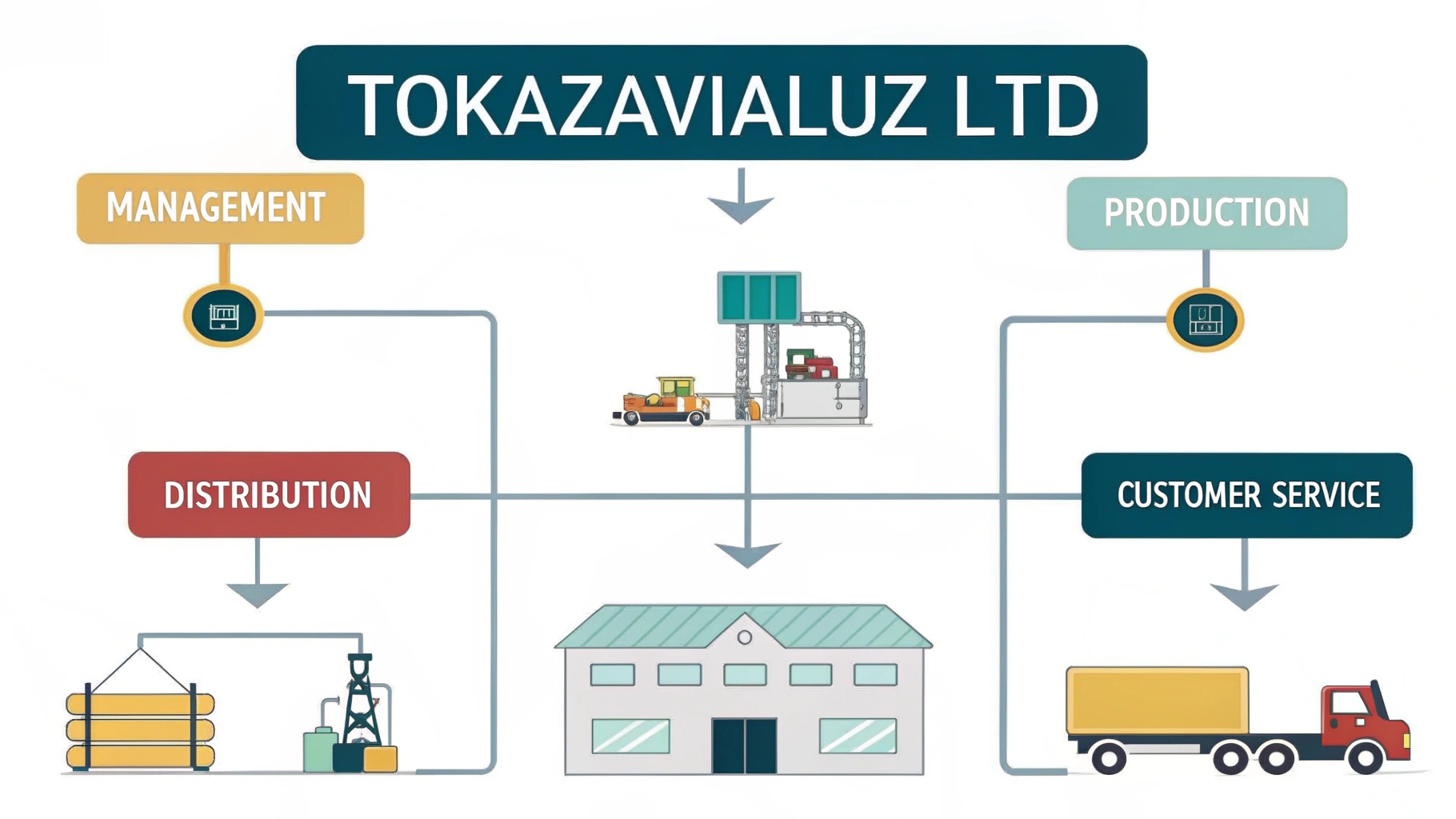In this comprehensive guide, we dive into the world of “baby:czziykpdt-q= dog,” exploring every essential detail you need to know to care for, train, and raise these lovable puppies. From early development and feeding to health care and socialization, this guide covers everything to ensure your baby:czziykpdt-q= dog grows up happy and healthy.
Understanding the Baby:czziykpdt-q= Dog Breed
The unique breed known as “baby:czziykpdt-q= dog” has caught the interest of dog lovers across the USA. While this might not be a widely recognized breed name, the baby:czziykpdt-q= dog refers to a particular type of puppy that requires special attention. These dogs are known for their endearing personalities and gentle nature, making them perfect companions for families and individuals alike.
Whether you’re a first-time dog owner or an experienced pet parent, understanding the unique needs of your baby:czziykpdt-q= dog will help you provide them with the best care. Let’s take a closer look at each stage of their development and essential care practices.
Stages of Development for Baby:czziykpdt-q= Dog
1. Newborn Stage (0-2 Weeks)
During the newborn stage, your baby:czziykpdt-q= dog is entirely dependent on their mother for warmth, food, and care. Their eyes and ears are closed, and they spend most of their time sleeping.
- Care Tips: Ensure they are kept warm and secure. Avoid handling them excessively as this stage is crucial for bonding with their mother.
- Feeding: Nursing is the primary food source, providing the essential nutrients for growth and immunity.
2. Transitional Stage (2-4 Weeks)
Around two weeks, baby:czziykpdt-q= dogs start opening their eyes and become more aware of their surroundings. This stage is also when they begin to develop motor skills, including walking.
- Care Tips: You can start to handle the puppy gently for short periods. Continue to keep their environment warm.
- Feeding: They will still be nursing, but may start showing interest in soft puppy food as they transition into the next stage.
3. Socialization Stage (4-12 Weeks)
This is a crucial period for baby:czziykpdt-q= dogs as they become more curious and begin to explore. Socialization at this age is essential to develop a friendly, well-behaved adult dog.
- Care Tips: Expose them to different sounds, sights, and experiences to help build confidence. Begin basic house training and socialization.
- Feeding: You can gradually introduce puppy food and reduce nursing time. Make sure the food is formulated for puppies and easy to digest.
4. Juvenile Stage (3-6 Months)
Your baby:czziykpdt-q= dog is growing rapidly and has boundless energy at this stage. This is an ideal time to begin training and establishing routines.
- Care Tips: Invest time in training, as they are highly receptive to learning. Ensure they have toys to channel their energy.
- Feeding: Feed them 3-4 times a day with high-quality puppy food.
5. Adolescence (6-12 Months)
During adolescence, baby:czziykpdt-q= dogs start showing independence. They may test boundaries, making consistent training essential.
- Care Tips: Reinforce training and maintain a routine. Ensure they get plenty of exercises to manage their energy.
- Feeding: Transition to feeding twice a day, and adjust portions based on growth and activity levels.
Essential Care Tips for Baby:czziykpdt-q= Dogs
1. Diet and Nutrition
Providing balanced nutrition is crucial for your baby:czziykpdt-q= dog’s growth and health. Look for puppy-specific foods that meet their dietary needs. Key nutrients include protein, fats, vitamins, and minerals.
- Tip: Stick to a feeding schedule, and avoid table scraps, which can lead to obesity and health issues.
2. Exercise and Play
Baby:czziykpdt-q= dogs are playful and energetic, needing daily exercise to support physical and mental health. Short walks and play sessions are perfect for them.
- Tip: Over-exercising a young puppy can strain their developing joints, so keep play sessions moderate.
3. Training and Socialization
Early training and socialization help prevent behavioral issues and ensure they grow into well-mannered adult dogs. Introduce them to various people, other animals, and environments.
- Tip: Positive reinforcement, such as treats and praise, works best. Avoid punishment-based training as it can lead to fear and aggression.
4. Grooming and Hygiene
Proper grooming is essential to maintain their coat, prevent matting, and keep them comfortable. Baby:czziykpdt-q= dogs should have regular baths, nail trimming, and teeth cleaning.
- Tip: Start grooming practices early, so your puppy becomes comfortable with the routine.
5. Health Care and Vaccinations
Regular vet checkups and vaccinations are crucial. Your baby:czziykpdt-q= dog needs protection against common diseases, so following a vaccination schedule is a priority.
- Tip: Schedule vet visits for vaccinations, deworming, and general health checks to prevent any potential health issues.
Common Health Issues in Baby:czziykpdt-q= Dogs
Like all puppies, baby:czziykpdt-q= dogs can be prone to certain health issues, especially during their early months. Being aware of potential health concerns can help you address them promptly.
- Parvovirus: A highly contagious virus that can be fatal if not treated. Vaccination is essential for prevention.
- Distemper: Another serious viral disease, which vaccinations can prevent.
- Ear Infections: Regular ear cleaning is crucial, as young puppies are prone to infections.
- Dental Health: Start brushing their teeth early to prevent dental problems later in life.
Tips for a Happy Baby:czziykpdt-q= Dog
Keeping your baby:czziykpdt-q= dog happy and comfortable involves understanding their emotional needs, as well.
- Spend Quality Time: Bonding through play, training, and relaxation helps your puppy feel secure.
- Provide Enrichment: Mental stimulation through toys, puzzles, and new experiences prevents boredom and behavioral issues.
- Create a Safe Space: Designate a specific area where they can relax and feel safe, especially if you have a busy household.
Conclusion
Raising a baby:czziykpdt-q= dog is a rewarding experience. By understanding their unique needs and following a structured approach to care, training, and socialization, you’ll help your puppy grow into a happy, well-adjusted adult. This journey requires patience, love, and consistency, but the bond you’ll form with your baby:czziykpdt-q= dog makes it all worthwhile.
FAQs
1. How often should I feed my baby:czziykpdt-q= dog?
Feed young puppies 3-4 times a day. Once they reach six months, you can reduce it to twice a day.
2. What is the best way to socialize my baby:czziykpdt-q= dog?
Introduce them to new people, animals, and environments gradually. Use positive reinforcement to encourage good behavior.
3. When should I start training my baby:czziykpdt-q= dog?
Begin basic training, such as housebreaking and socialization, around 8 weeks of age.
4. What type of food is best for baby:czziykpdt-q= dogs?
Choose high-quality, puppy-formulated food with a balanced ratio of protein, fats, vitamins, and minerals.
5. How can I prevent health issues in my baby:czziykpdt-q= dog?
Regular vet visits, vaccinations, and a healthy diet are essential preventive measures.
6. How much exercise does a baby:czziykpdt-q= dog need?
Moderate exercise is ideal, such as short walks and gentle play sessions. Avoid over-exercising young puppies.
7. What should I do if my baby:czziykpdt-q= dog bites?
Discourage biting by redirecting their attention to toys. Avoid rough play that encourages biting.
8. How often should I groom my baby:czziykpdt-q= dog?
Brush their coat weekly, and bathe them every few weeks. Regular nail trimming and ear cleaning are also important.
9. At what age should I transition my baby:czziykpdt-q= dog to adult food?
Around 12 months, most puppies can transition to adult food, but consult your vet for guidance.
10. How do I ensure my baby:czziykpdt-q= dog is happy and healthy?
Provide a balanced diet, regular exercise, training, socialization, and lots of love and attention.





